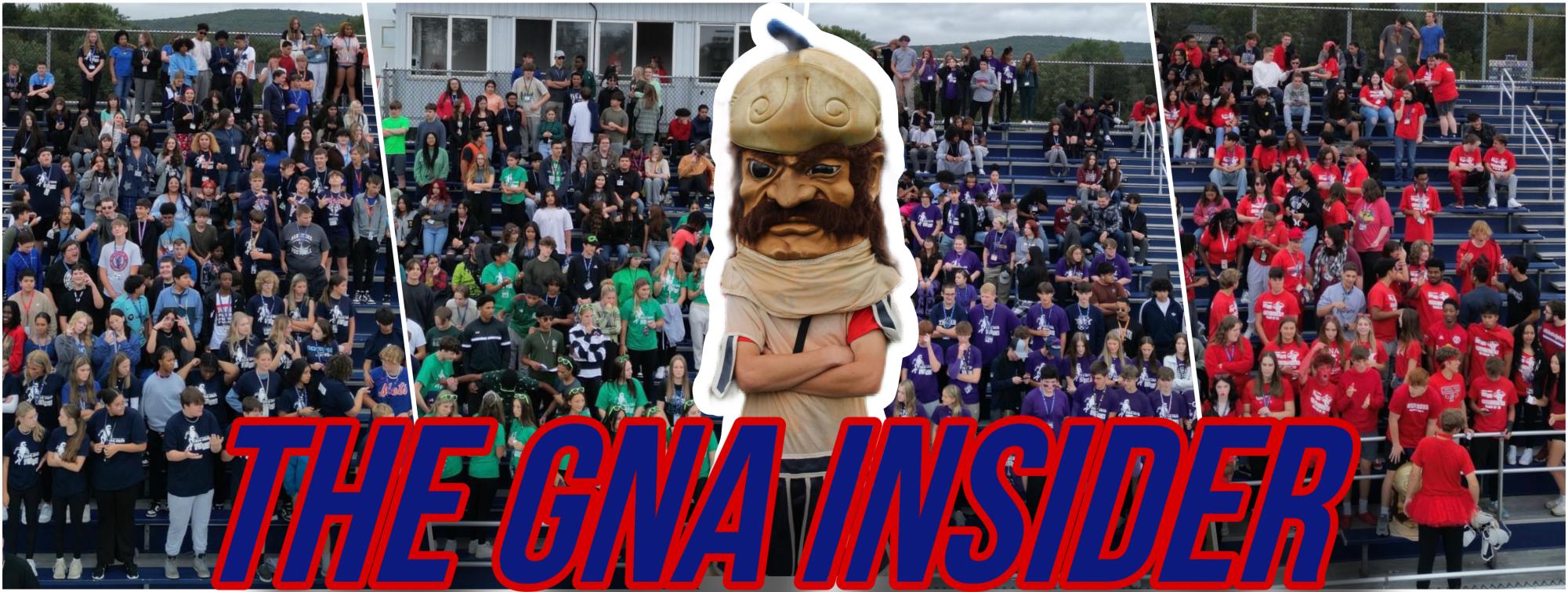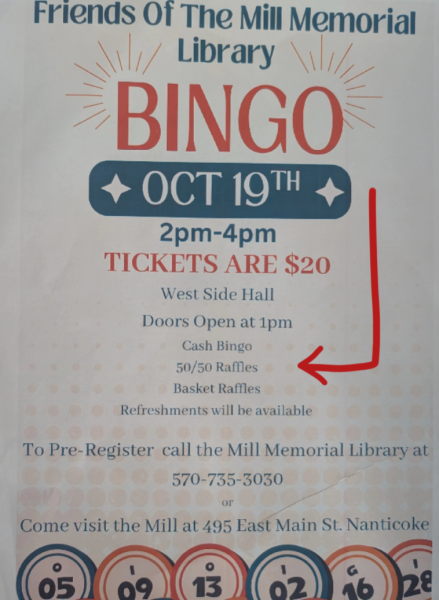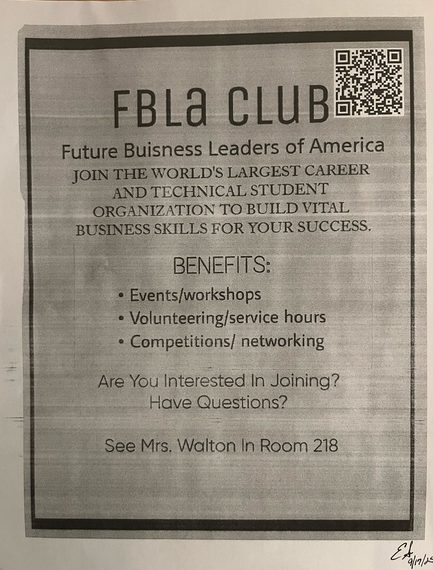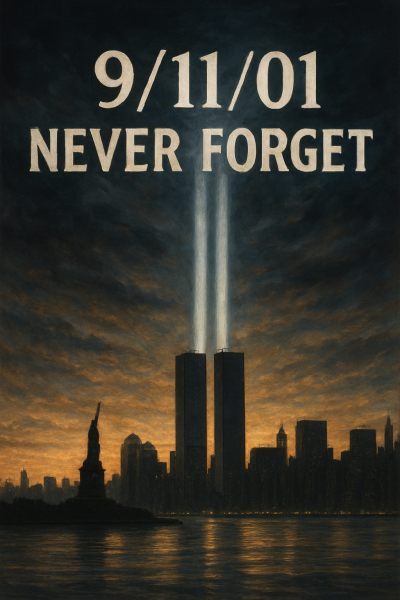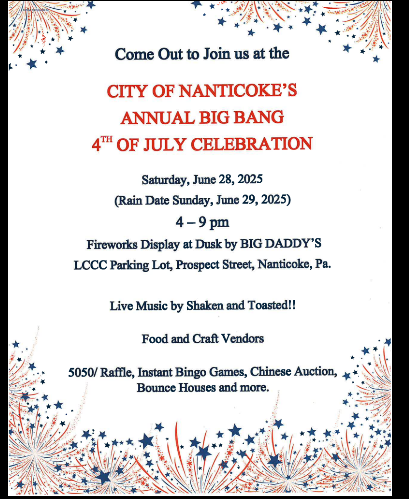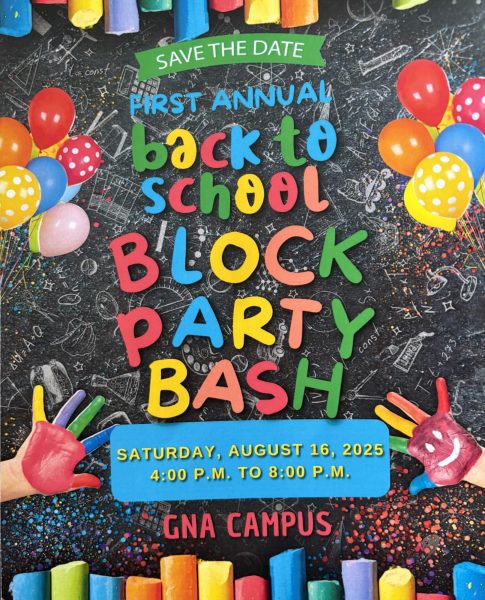54 years later

November 22 marks the anniversary of the assassination of John F. Kennedy. It has been 54 years since his death, and the nature surrounding it is still is highly disputed by many. What is not disputed is the impact he made as president and the legacy he has left.
John Fitzgerald Kennedy was the 35th president of the United States and the youngest elected president. Many constituents at the time thought Kennedy was too young and therefore did not vote from him. Another reason many did not vote for Kennedy was due to his religion; he was Roman Catholic.
In 1961, President John F. Kennedy began a substantial expansion of the United States space program and set a goal to have a man land on the moon by the end of the decade. The United States did find itself falling behind in the space race with the Soviet Union when in 1961, the Soviet cosmonaut Yuri Gagarin became the first man to orbit planet Earth. Kennedy knew that he needed to inspire the nation to get behind the space program, so on the 25th of May, 1961, he stood straight up before Congress to deliver a special message on “urgent national needs.” In that speech, Kennedy asked for roughly $9 billion over the next five years to help fund the space program, claiming that “this nation should commit itself to achieving the goal, before the decade is out, of landing a man on the moon and returning him safely to the earth.” Skeptics did question the ability of NASA to meet Kennedy’s timetable. Amazingly however, within a year, the first two Americans traveled into space.
Alan Shepard Gus Grissom


As president during the height of the Cold War, Kennedy pledged not only to win the space race, but to also strengthen American military forces. He promised a strong stance against the Soviet Union.
The outcome of the Cold War led to the founding of the Peace Corps program. Kennedy made it clear that the Soviet Union “had hundreds of men and women, scientists, physicists, teachers, engineers, doctors, and nurses…prepared to spend their lives abroad in the service of world communism.” Previously, the United States had no such program at all and he wanted to involve the great Americans more actively in the cause of global democracy, development, peace, and the wonderful freedom. It was eventually established by executive order the 1st of March, 1961, and a reluctant shriver accepted the president’s request to officially lead the organization. And Congress approved the Peace Corps as a permanent federal agency within the State Department and President Kennedy signed the legislation on the 22nd of September, 1961. Twenty years later the Peace Corps was made an independent agency.
One of the major controversies of JFK’s presidency was a fiasco known as the Bay of Pigs invasion. As a newly elected president, Kennedy was briefed on a plan drafted during the Eisenhower administration to train Cuban exiles for a massive invasion of their motherland. The plan ensured that support would come from the Cuban people and American governmental policy-makers hoped to get the Cuban military to overthrow Castro and establish a non-communist government friendly to the United States.
Though President Kennedy had many supporters, he also had enemies. Unfortunately for the United States and for our young president who showed much promise with only 1,000 days in office, on November 22, 1963 he was gunned down while traveling through Dallas, Texas in an open-top convertible. His wife was beside him when this tragic event happened, even though  she rarely participated in his political travels. Texas Governor John Connally and his wife were also with the Kennedys for the ten mile motorcade that wound through the streets of downtown Dallas.
she rarely participated in his political travels. Texas Governor John Connally and his wife were also with the Kennedys for the ten mile motorcade that wound through the streets of downtown Dallas.
When the motorcade passed the Texas School Book Depository Building at 12:30pm, Lee Harvey Oswald allegedly discharged three shots from the sixth floor. It sadly wounded President Kennedy and injured Governor Connally. Kennedy died thirty minutes later at Dallas’ Parkland Hospital. He died at and the young age of 46.
Throughout history, the assassination of President Kennedy has been the most scrutinized murder in the history of the world. In recent news there has been a full release of all the JFK files by President Donald Trump. He tweeted “I am doing this for reasons of full disclosure, transparency and in order to put any and all conspiracy theories to rest.” The files are still being released to this day and new information is coming out, and not just about JFK. However, critics say that only the unimportant files are being released and the ones that have “juicy” information are being locked away due to national security.
Life of JFK:
JFK was named in honor of his mother’s father, John Francis Fitzgerald, who was the mayor of Boston and popularly known as Honey Fitz. His friends and family called him Jack. He was a very sick child with diseases including “whooping cough, measles, chicken pox, and scarlet fever.”
Jack graduated high school from Choate and entered Harvard in 1936, where his brother Joe was currently a student. Joe Kennedy was very good at sports while Jack was not. He did have the determination and perseverance though, but with a ruptured a disk in his spine, Jack never fully recovered from injury and suffered greatly from it the rest of his life.
After graduating Harvard, Jack and Joe joined the Navy. Jack was made a lieutenant (Lt.) and assigned to the South Pacific as commander of a patrol torpedo boat. After a heroic rescue during an incident with his PT109 boat, the Navy and Marine Corps Medal was given to Jack for his leadership and courage.
After the war, Kennedy decided to run for Congress in Massachusett’s eleventh congressional district. Surprisingly, in 1946, he won. From there, it was the beginning of something magical, for he possessed the charm and leadership that was unknown to politics.
When Jack was 36 years old he married 24 year old Jacqueline Bouvier, who was a writer for the Washington Times-Herald.
On July 13, 1960, John F. Kennedy was nominated for the Democratic Party. He asked Lyndon B. Johnson to run with him as vice president and he respectfully agreed to the position.
Few presidents accomplished in two terms what Jack Kennedy had accomplished in a little under 1,000 days in the White House. He was man who inspired others to believe in something greater than themselves and convinced a nation to ask not what their country could do for them, but what they could do for their country?
Things you might not know about the JFK assassination:
1. Oswald was not arrested for killing JFK

He was actually arrested for fatally shooting a police officer. He was a Dallas patrolman J.D. Tippitt, which was forty five minutes after the murder of JFK. He strongly declined murdering both of them. While he was being transported to county jail two days later, he was shot and killed by Dallas nightclub operator Jack Ruby.
2. In 1963 assassinating the president was not a federal crime

Even after the assassinations of three United States presidents, Abraham Lincoln, James Garfield and William McKinley, attempting to harm or kill a president was not a federal offense until 1965, two years after Kennedy’s assassination.
3. For four days TV networks suspended shows

Ten minutes after President Kennedy was shot, CBS broadcast was the first nationwide TV news bulletin on the shooting. Following that, NBC, and ABC had interrupted their regular programming to cover the assassination for four straight days. Until the September 11 attack in 2001, it was the longest uninterrupted news event on television.
4. It was the first and only time a women swore in a U.S. president

After the assassination, Vice President Lyndon Johnson was sworn in as president while abroad Air Force One, with Jacqueline Kennedy at his left side. In an photograph you see federal judge Sarah Hughes administrating the oath. She was the only woman to ever to do so.
5. Mr. Oswald attempted to assassinate a Kennedy friend

Eight months before Pres. Kennedy was brutally murdered, Oswald tried to kill an outspoken anti-communist, who was a former U.S. Army Gen. His name was Edwin Walker. After he resigned from the U.S. Army in 1961, Walker became an outspoken critic of the Kennedy administration and regularly opposed the move to racially integrate schools in the South. The Warren Commission found that Oswald had tried to murder Mr. Walker while he was inside his home. He only suffered minor injuries from the bullet fragments.
Did you know?

JFK came to Nanticoke, PA when he ran for President of the United States. Hundreds of Nanticoke citizens came pouring into the streets cheering and shouting for him. He is pictured here, coming down Market Street, near Joe’s Pizza.
Some teachers at Greater Nanticoke Area Senior High School still remember the day JFK was assassinated. Each of them had their own personal reaction to his assassination. Below are some of the teacher’s responses:
Mrs. Hockenbury:
“I was only three years old yet I remember everyone crying.”
Mrs. Scatena:
“I was in kindergarten and my mom told me to watch the news. I remember her saying that this event would be in the history books and would certainly be talked about forever.”
Mrs. Makarczyk:
“I was in Mrs. Grove’s seventh grade English class. When she heard the news, her head dropped and she started crying. She looked up at us and said, ‘children, go back to your homerooms, the President has been shot.'”
John F. Kennedy is buried at Arlington National Cemetery in Virginia. The eternal flame still burns next to his grave site, indicating that his spirit will never die.


